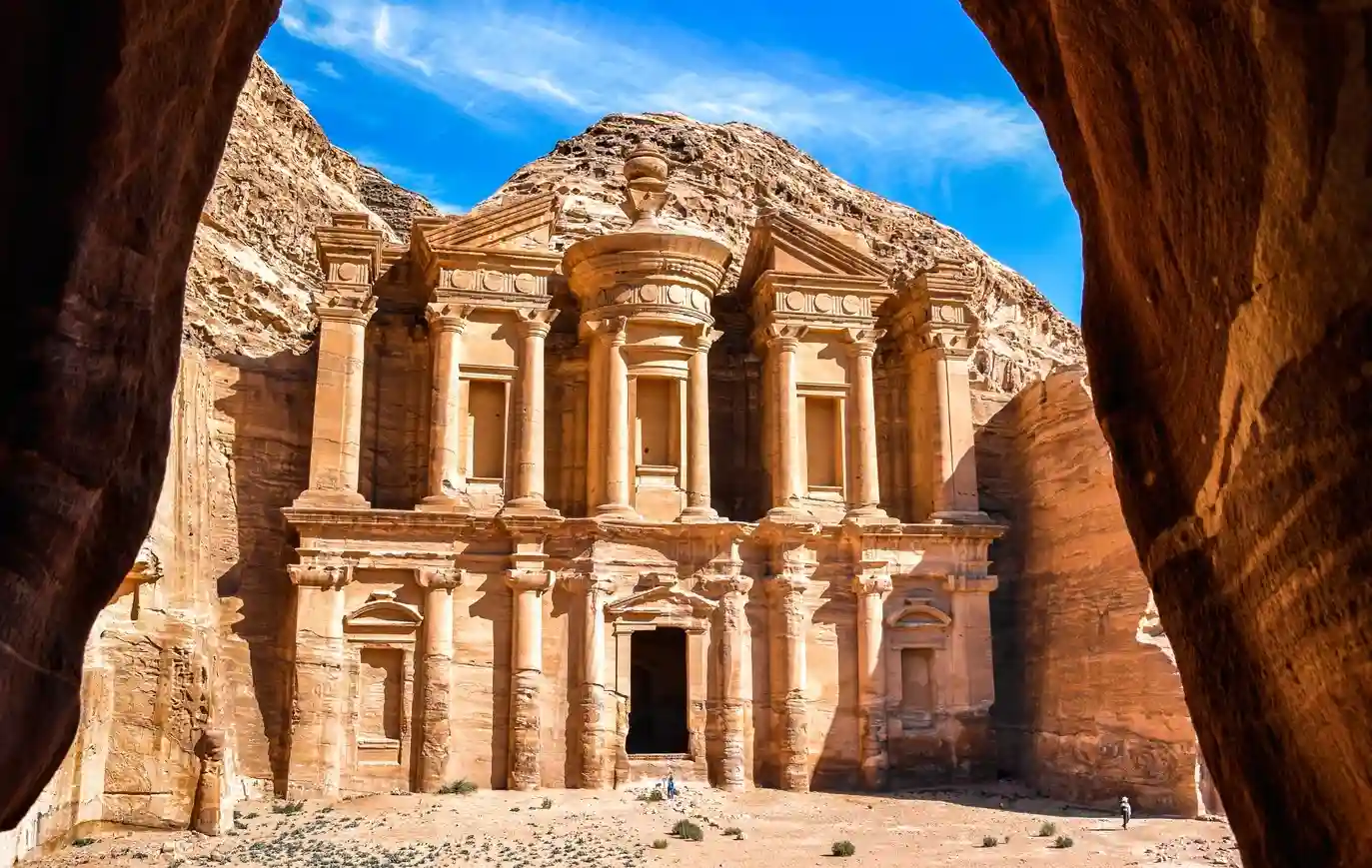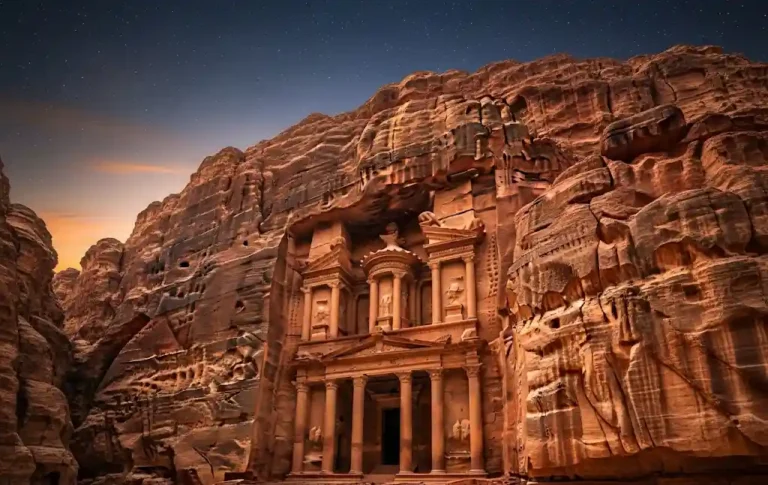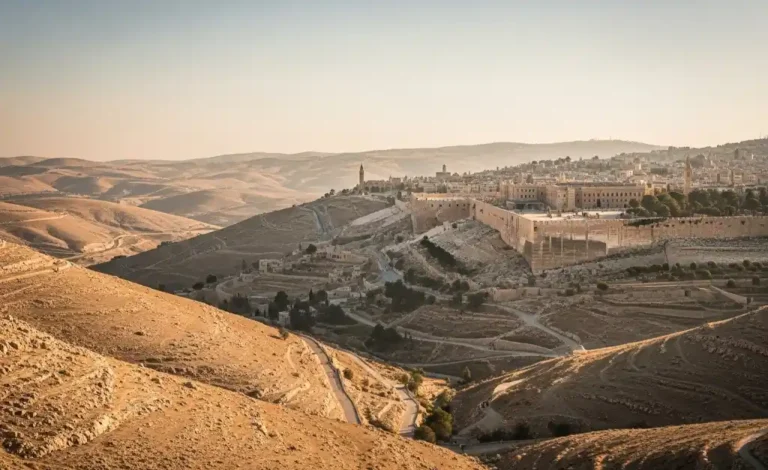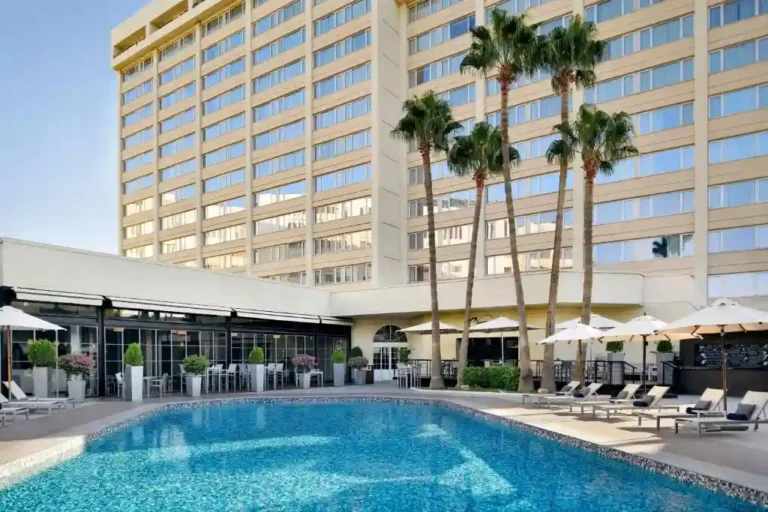Jordan’s population, estimated at 11,522,494 as of June 10, 2025, is a vibrant mix of ethnicities, religions, and cultural traditions. Below, we address key questions about the people of Jordan, their characteristics, language, religion, and notable figures, while providing a comprehensive overview of their culture and identity. For a deeper exploration of Jordan’s heritage, consider joining a Jordan Group Tour to experience its diverse communities firsthand.
What Are the People of Jordan Called?
The people of Jordan are called Jordanians (Arabic: أردنيون, pronounced Urduniyyūn). This term encompasses all citizens of Jordan, regardless of ethnic or religious background.
Are Jordanian People Arab?
Yes, approximately 94–95% of Jordanians are ethnically Arab, making them the majority. This includes both indigenous Jordanian Arabs and Palestinians, many of whom sought refuge in Jordan after the Arab-Israeli wars of 1948 and 1967. The remaining population consists of ethnic minorities such as Circassians, Chechens, Armenians, Doms, and Afro-Jordanians.
Is Jordan Arab or Persian?
Jordan is an Arab country, not Persian. Its population is predominantly Arab, and its culture, language, and history align with the broader Arab world. Persians (Iranians) are a distinct ethnic group primarily associated with Iran, and there is no significant Persian population in Jordan.
What Language Do Jordanian People Speak?
The official language of Jordan is Modern Standard Arabic, used in formal settings, education, and media. In daily life, Jordanians speak Jordanian Arabic, a Levantine dialect similar to those spoken in Palestine, Lebanon, and Syria. English is widely spoken as a second language, especially in urban areas, commerce, and government. Minority groups like Circassians may also speak Adyghe, and some Armenians use Armenian, though many have assimilated to Arabic.
What Are the Characteristics of Jordanian People?
Jordanians are known for their hospitality, kindness, and strong family values. Key characteristics include:
- Social Conservatism: Family honor and traditions are central, with extended families often living together.
- Cultural Pride: Jordanians take pride in their rich heritage, from ancient Nabataean sites like Petra to modern cultural festivals.
- Resilience: Hosting millions of refugees (Palestinians, Syrians, Iraqis), Jordanians have shown adaptability and compassion.
- Community-Oriented: Social gatherings, often involving food like mansaf (Jordan’s national dish), are common.
- Diverse Identities: While predominantly Arab, Jordanians embrace minority cultures like Circassian and Bedouin traditions.
Are Jordanian People Muslim?
The vast majority, about 97%, of Jordanians are Sunni Muslim, making Islam the dominant religion. Approximately 2.5% are Christian, primarily Greek Orthodox, with smaller communities of Roman Catholics, Armenian Orthodox, and Protestants. Other minorities include a few hundred Druze and Bahāʾī. The Druze, while historically linked to Islam, often do not identify as Muslim.
Jordanian People’s Attitude
Jordanians are generally welcoming and respectful toward visitors, valuing kindness and hospitality. They are proud of their country’s stability and cultural heritage, often eager to share their traditions. While socially conservative, urban Jordanians, especially in Amman, tend to be more cosmopolitan, blending modern and traditional lifestyles. Political discussions, particularly about the monarchy or regional conflicts, are approached cautiously due to cultural sensitivities.
Famous Jordanian People
Notable Jordanians have made significant contributions globally:
- King Abdullah II: Jordan’s monarch since 1999, known for promoting peace and stability.
- Queen Rania: A global advocate for education, health, and women’s rights.
- Ola Al-Fares: A prominent journalist and TV presenter.
- Nadine Nassib Njeim: A Jordanian-Lebanese actress and former Miss Lebanon.
- Yusuf Al-Sharif: A celebrated poet and literary figure.
- Mahmoud Taha: An influential artist known for blending traditional and modern Arab art.
Amman Jordan People
Amman, Jordan’s capital, is home to over 4 million people, roughly 40% of the country’s population. Amman’s residents are diverse, including Arabs (Jordanians and Palestinians), Circassians, Chechens, and Armenians. The city is a cultural hub, with a mix of traditional markets like Souk Jara and modern malls. Ammanis are known for their cosmopolitan outlook, with many speaking fluent English and engaging in vibrant social scenes, from cafes to art galleries.
Jordanian People and Culture
Jordanian culture is a rich tapestry shaped by its Arab roots, Bedouin traditions, and minority influences:
- Cuisine: Mansaf (lamb with yogurt sauce and rice), hummus, falafel, and knafeh (a sweet cheese pastry) are staples. Meals are often communal, emphasizing hospitality.
- Family Dynamics: Families are large and close-knit, with fathers as primary providers and mothers managing households. Adult children often care for aging parents.
- Traditions: Bedouin customs, like serving Arabic coffee, and Circassian dances are celebrated. Festivals like the Jerash Festival showcase music and crafts.
- Dress: Traditional attire includes the keffiyeh (headscarf) for men and abayas or hijabs for women, though urban Jordanians often wear Western clothing.
- Social Norms: Respect for elders, modesty, and generosity are core values. Public displays of affection are uncommon, especially in rural areas.
Additional Notes
- Refugees: Jordan hosts over 2.1 million Palestinian refugees and 1.4 million Syrian refugees, integrating many into its social fabric while facing resource challenges.
- Education and Health: Jordan boasts a 98% literacy rate and advanced healthcare, with life expectancy at 78.1 years (2025 est.).
- Bedouin Heritage: Less than 1% of Jordanians live a nomadic Bedouin lifestyle, but their cultural influence remains strong in southern and eastern regions.
Explore Jordan’s People and Culture
Jordan’s diverse population and warm hospitality make it a unique destination. From the bustling streets of Amman to the Bedouin camps of Wadi Rum, a Jordan Group Tour offers an immersive way to connect with Jordanians and their traditions. Book now to discover the heart of Jordan’s culture!




